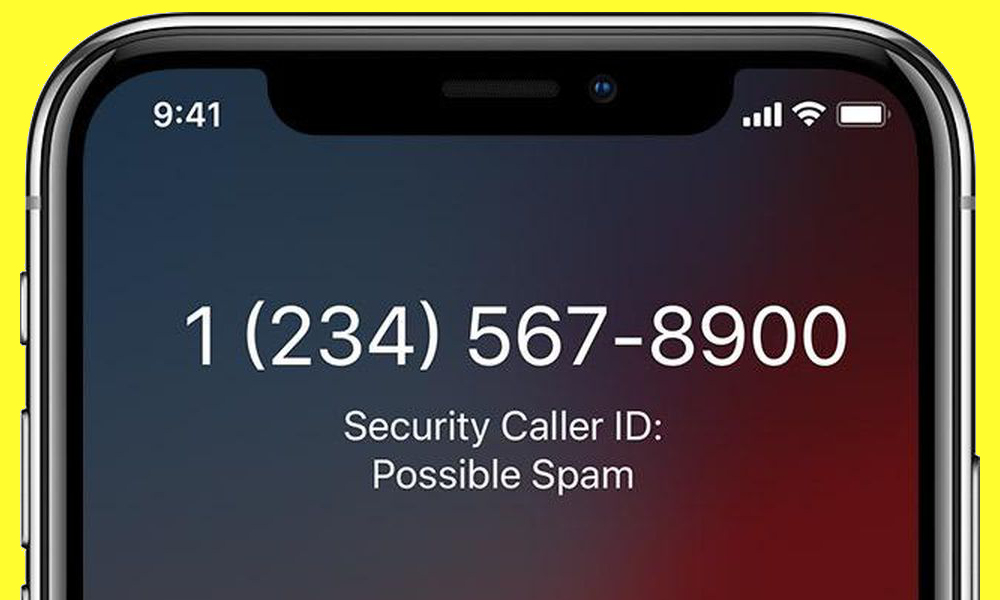FCC Reveals Plan to Block Annoying Robocalls Automatically (for Free)
 Credit: Apple
Credit: Apple
Toggle Dark Mode
The Federal Communications Commission this week announced a new plan that would allow carriers to block spam and robocalls by default.
FCC Chairman Ajit Pai put forth the proposal on Wednesday. Basically, the plan would give U.S. telecom firms and carriers much more leeway when it comes to implementing anti-robocall blocking systems automatically.
That’s important because U.S. carriers have been fairly slow and reluctant to use some of the most effective tools to curb robocalls, such as white lists and call analytics. One reason for that, according to the FCC, is that it isn’t really clear whether these tools are legal.
Pai’s plan, essentially, is to put those fears to rest and give carriers the official go-ahead to adopt these systems (which are, it’s worth noting, already in use by many third-party call blocking apps).
Many U.S. carriers do offer some type of anti-robocall tool or app for their customers. But these tools typically need to be explicitly enabled by subscribers and sometimes cost money. The kind of tools that Pai wants carriers to implement would be turned on by default — and free.
“By making it clear that such call blocking is allowed, the FCC will give voice service providers the legal certainty they need to block unwanted calls from the outset so that consumers never have to get them,” Pai said in a statement.
- The proposal explicitly mentions white lists, which would allow consumers to filter out all calls except those made from numbers on their contact’s list.
- Pai is also continuing to urge carriers to more widely adopt the SHAKEN/STIR protocol, which combats call spoofing by verifying whether calls actually originate from the numbers they claim to be.
The plan would undoubtedly be welcomed by U.S. telecom customers, who received 26 billion robocalls last year — 46 percent more than the previous year — according to spam watchdog Hiya.
It’s also only one part of a wider pushback against robocalls. In November, for example, Congress introduced a bipartisan bill that would fine spammers $10,000 for each and every robocall that they make.
The FCC proposal is set to be discussed on June 6. If it’s approved, it could go into effect later this year.






